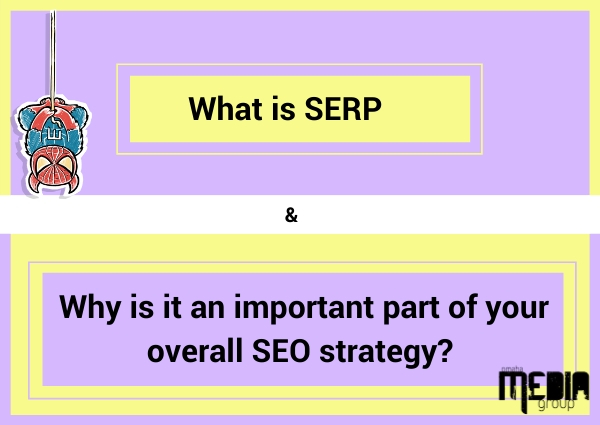 https://www.omahamediagroup.com/images/uploads/monster_gallery/Omaha-Media-Group-Black.jpg
admin
https://www.omahamediagroup.com/images/uploads/monster_gallery/Omaha-Media-Group-Black.jpg
admin
How Accelerated Mobile Pages Affect SEO

Won’t you prefer web pages that load 6 times faster than usual? With the world becoming dynamic and impatient, users don’t want to wait for more than a couple of seconds for a page to load. With more than 50% of the search requests coming from mobile, it wasn’t a surprise when Google rolled out Accelerated Mobile Pages (AMP). So what’s the big deal with AMP? Why is everyone talking about it? Let's take a look.
What is Accelerated Mobile Pages?
Corresponding to Accelerated Mobile Pages Project, “The Accelerated Mobile Pages (AMP) Project is an open source initiative that embodies the vision that publishers can create mobile-optimized content once and have it load instantly everywhere”. To put it in simple terms, pages on mobiles will load extremely fast if websites implement it.
Do Accelerated Mobile Pages affect SEO?
The Webmaster Trends Analyst at Google, Gary Illyes, in his Search Engine Journal Summit Chicago stated, “Currently, AMP is not a mobile ranking factor”.
What’s the big deal as Accelerated Mobile Pages don’t affect SEO?
Granted that SEO remains unaffected by AMP at the moment, however, Google already factors mobile-friendly pages in search engine results. To implement AMP will feel like giving an additional ranking for the same thing. The effects of AMP on SEO isn’t direct, it actually affects it indirectly.
Let’s look at things from a different perspective. Let's imagine you are are searching for an article related to bears and you click on the first link you see in the search result. After spending a few seconds on the page, the page still hasn’t loaded. Irritated, you go back to the search result and follow up on another link. This link loads as soon as you click on it. The fact that it loaded faster made you happy and you spend more time on the page looking for information about bears. What will happen if thousands of users do the same thing that you did? If a large number of users are bouncing off a page, it will seem like the top-ranking page has nothing useful to offer even if it contains good content. Search engines will assume that other pages have better content and will push their rankings up while pushing the ranking of the site that takes longer to load down.
You see how AMP can potentially affect SEO in a different way.
Conclusion
Search engines won’t penalize you for not implementing AMP. But that doesn’t mean you shouldn’t implement AMP. The world is going more mobile as each day passes. Users are using their smartphones to search for things online. Failure to implement AMP will result in losing out on a large number of mobile users. As AMP is a stripped-out version of the actual page, won’t you lose out on ad revenue? No, there are networks that comply with AMP standards and can be used on AMP pages. You don’t want to be playing catch-up with your competitors if they implement AMP faster, do you? It’s always better to stay ahead in the game!
Let us help you with your mobile site! {contact-form}
Hire the team to help you with your website, app, or other marketing needs.
We have a team of digital marketers who can help plan and bring to life all your digital marketing strategies. They can help with social media marketing, email marketing, and digital advertising!
CONTACT US




Comments